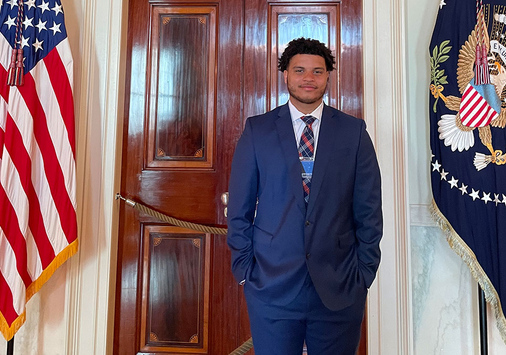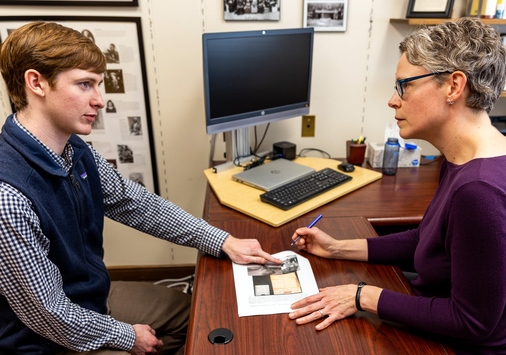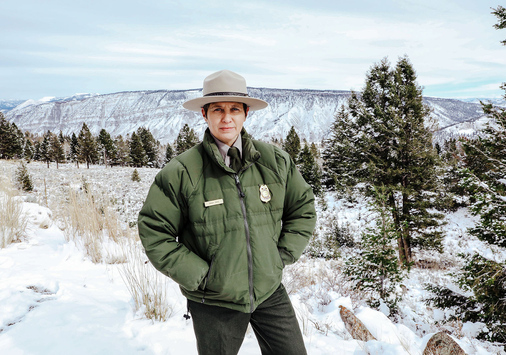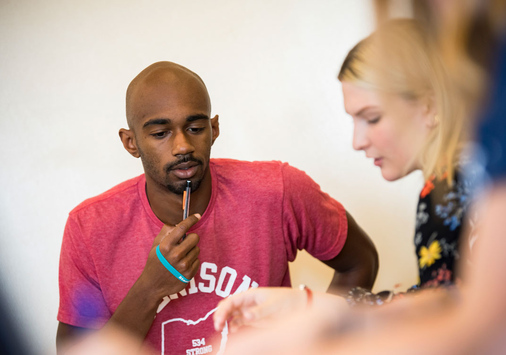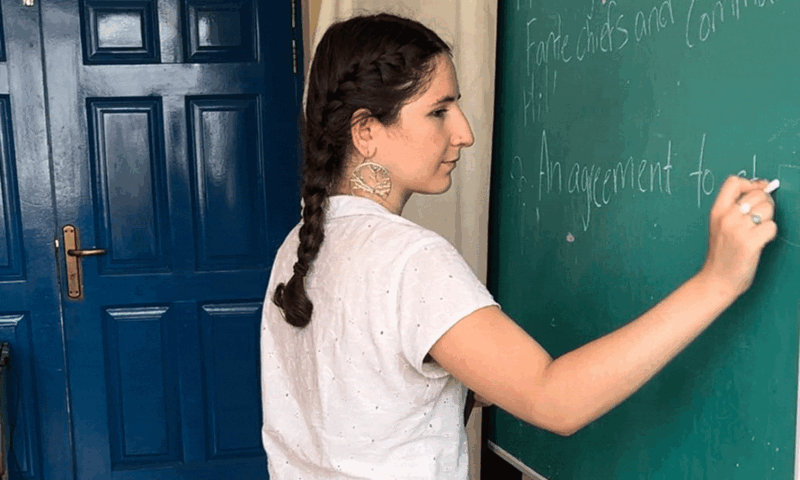Degree Requirements
History Major
Students who major in history should select an advisor in the department. This person will be best prepared to assist students in meeting major requirements and assessing the relationship between their work in history and their future life and career goals.
The department requires 36 hours (or nine courses) distributed to ensure both breadth and depth in the discipline of History. The major requirements must be fulfilled as follows:
- Survey Courses: Majors must complete any two courses at the 100-level
- HIST 201 - Doing History: a historical methods course. Students should complete HIST 201 - Doing History in their sophomore year, and no later than the first semester of the junior year. HIST 201 - Doing History is only open to students who have declared a History major or minor.
- Seminars: Majors must complete any four seminar courses at the 200-level (Reading Seminars) or 300-level (Reading Seminars with a Research Component) with course numbers ending in 10-98, with the following provisions:
- One of these courses must be a 300-level course, which combines an in-depth exploration of a theme or topic with the completion of a significant research project grounded in primary sources.
- Students have the option to apply only one HIST 205 - Sophomore Seminar in History to fulfill one of the remaining three required seminars.
- Distribution Requirements: To ensure engagement with diverse fields of history, students will use the Survey-level (110-198) and Seminar-level (210-398) classes to fulfill the following chronological and geographical requirements:
- Two classes on pre-modern history (before 1800)
- Two classes on the history of Africa, East Asia, Latin America, and/or the Middle East (course numbers ending in 10-49)
- Two classes on the history of the United States, Europe, and/or the Atlantic World (course numbers ending 50-98)
Note: A single class can be used to fulfill both a pre-modern and a geographical requirement simultaneously.
Note: HIST 201 - Doing History, HIST 205 - Sophomore Seminar in History, HIST 430 - Senior Seminar, and HIST 451 - Senior Research/HIST 452 - Senior Research do not fulfill Distribution Requirements.
- Senior Experience – Either HIST 430 - Senior Seminar or HIST 451 - Senior Research/HIST 452 - Senior Research
- Elective – Students who elect to complete the Senior Seminar (HIST 430) must complete an additional elective at any level. Students who elect yearlong HIST 451 - Senior Research/HIST 452 - Senior Research are not required to complete an elective.
Additional Rules:
• History majors may apply only one HIST 205 - Sophomore Seminar in History towards completion of the major as an elective or as one of the required 200-level courses, but not both.
• HIST 205 - Sophomore Seminar in History cannot be used to fulfill the chronological or geographical Distribution Requirements for the major.
History Minor
The department requires a minimum of 24 hours (or six courses) of work in History to complete a minor. Minors must complete:
- Survey Courses: Minors must complete any two courses at the 100-level
- HIST 201 - Doing History, a historical methods course. Students should complete HIST 201 - Doing History in their sophomore year and no later than the first semester of the junior year. HIST 201 - Doing History is only open to students who have declared a History major or minor.
- Seminars: Minors must complete any two seminar courses at the 200-level (Reading Seminars) or 300-level (Reading Seminars with a Research Component) with course numbers ending in 10-98, one of which must be at the 300-level.
- Distribution Requirements: To ensure engagement with diverse fields of history, minors will use the Survey-level (110-198) and Seminar-level (210-398) classes to fulfill the following chronological and geographical requirements:
- One class on pre-modern history (before 1800)
- Two classes on the history of Africa, East Asia, Latin America, and/or the Middle East (course numbers ending in 10-49)
- Two classes on the history of the United States, Europe, and/or the Atlantic World (course numbers ending 50-98)
Note: A single class can be used to fulfill both a pre-modern and a geographical requirement simultaneously.
Additional Rules:
- Students may apply only one HIST 205 - Sophomore Seminar in History towards completion of the minor as an elective, but cannot use HIST 205 - Sophomore Seminar in History to replace the required 200/300-level courses.
- HIST 201 - Doing History and HIST 205 - Sophomore Seminar in History cannot be used to fulfill the chronological or geographical Distribution Requirements for the minor.
Writing in History
Effective writing is a cornerstone of the understanding of history. The history curriculum is focused on helping our students become more adept at crafting effective prose that articulates an argument and uses evidence convincingly. Students in history courses learn to write clearly, concisely, and persuasively, in multiple formats and for various audiences, and they learn that the best writing results from a process of drafting and mindful revision.
Off Campus Study/Transfer Credits
A student may apply as many as two classes taken from institutions other than Denison (including off-campus programs) to the major requirements. Only one course can be applied to the required 100-level courses and only one can be applied to the required 200-level. Majors must complete HIST 201 - Doing History, the required 300-level Seminar, and the Senior Experience (HIST 430 - Senior Seminar or HIST 451 - Senior Research and HIST 452 - Senior Research) at Denison.
History minors may apply no more than one class from institutions other than Denison (including off-campus programs) and must fulfill the HIST 201 - Doing History and the required 300-level course at Denison.
Transfer students applying for major/minor credit will be considered on a case-by-case basis.
Advanced Placement
History courses for which the student has earned a 4 or 5 may not be used to meet the requirements of the major/minor or fulfill a General Education requirement in the Humanities, but do count as credits towards graduation from Denison.
A working knowledge of a foreign language is highly recommended for all majors: those planning on graduate work in history should start a second language if possible. (Graduate schools usually require a reading knowledge of at least two languages. Requirements vary depending upon the area of study and research interests of the student. Suitable language choices should be made in consultation with your history advisor.)

